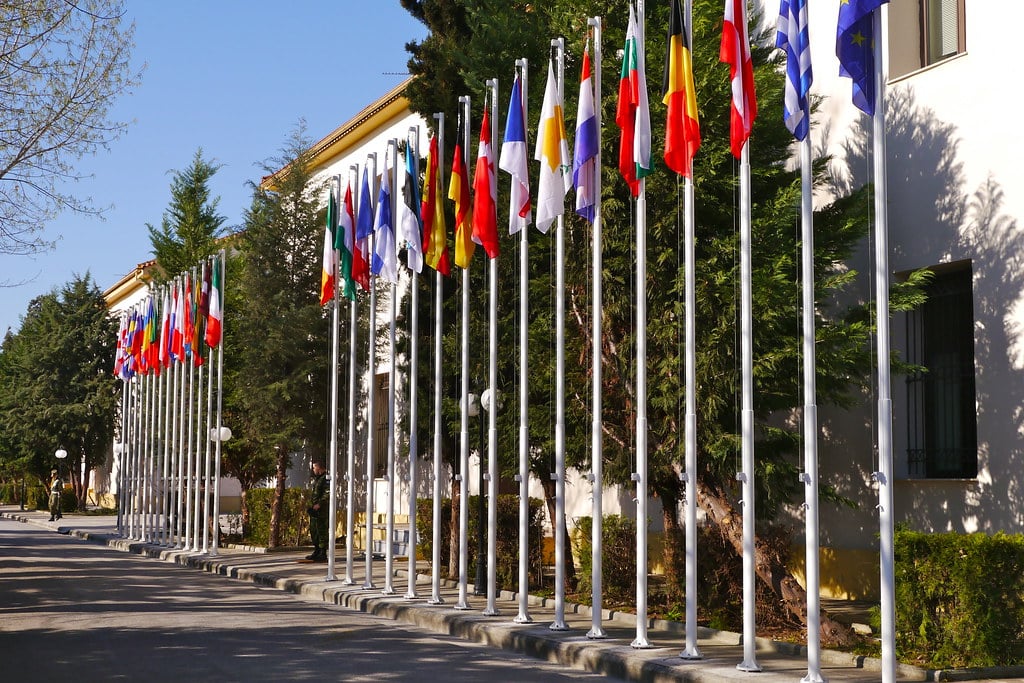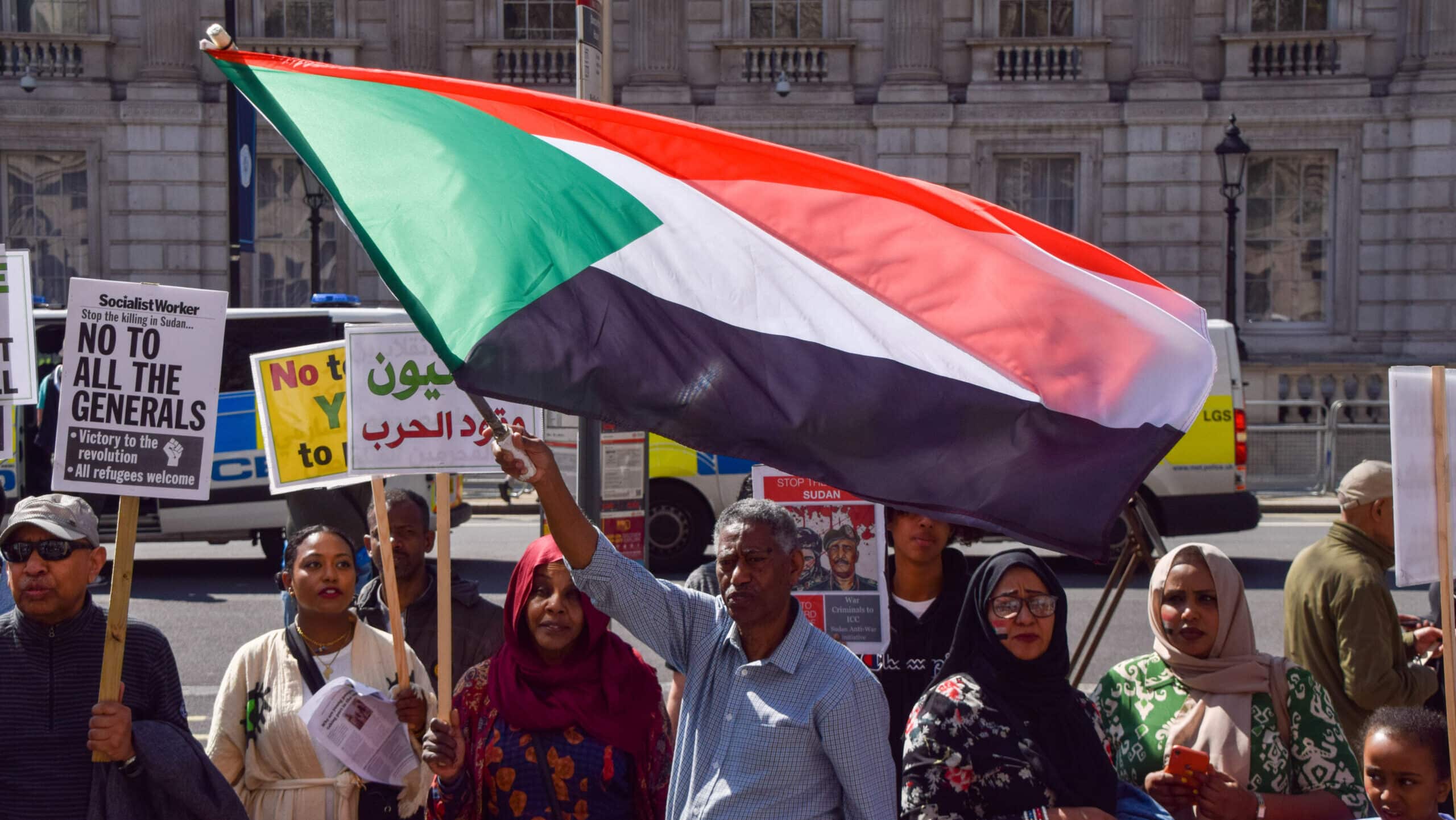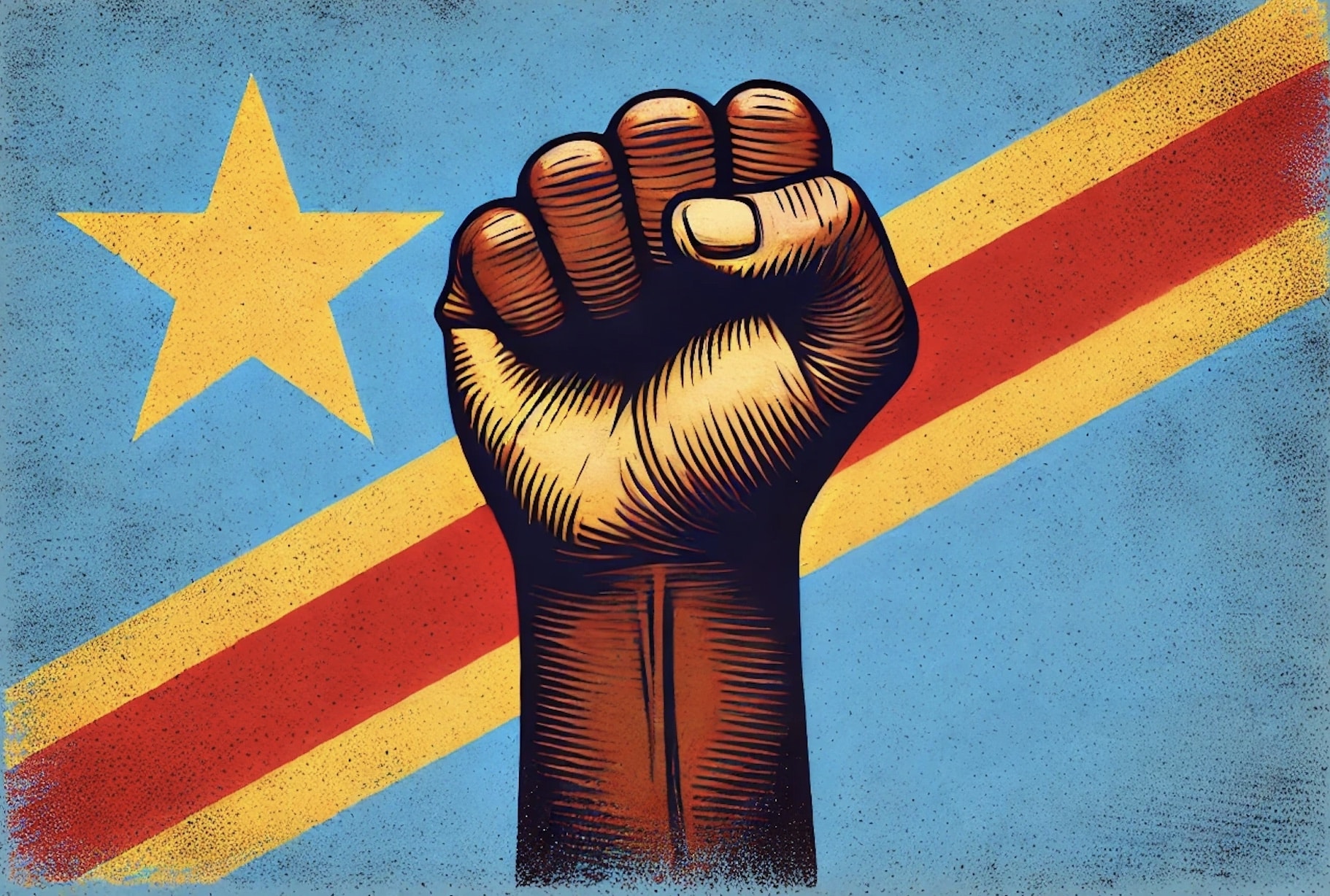A bummer just before the start of the 27e climate summit (COP27): the Netherlands' implementation of climate goals is going badly. That was the conclusion of the Climate and Energy Outlook 2022 from the PBL. And not only is the Cabinet not implementing its plans properly, the existing plans are not enough at all to meet the Dutch 2030 climate target. "As a result, the distance to the target has increased in the past year, while the time to meet the target is getting shorter." said The PBL.
On a global level, the climate figures are no more positive than in the Netherlands. Indeed, as has been the case in all previous years, the climate summit, which began last Sunday in Sharm El Sheikh, Egypt, seems more urgent than ever. On the second day of the COP, UN Secretary-General Guterres gave an emotional speech. "We are on the highway to climate hell, with our foot on the accelerator" warned he, and shouted up to a "climate solidarity pact" to avoid heading towards a "collective suicide pact". The effects of climate change are becoming increasingly visible, especially in developing countries. Because of its location, but also because action for these countries can no longer be put off, COP27 is hopeful the 'African COP' named.
An end to fossil export subsidies?
The disappointment of not fulfilling agreements made at previous climate summits now also seems to be an annual emotion. At last year's climate summit in Glasgow, the Netherlands signed the COP26 declaration under great social pressure. In it, signatory countries pledged to by the end of 2022 to stop export credit insurance (EKVs; insurance guaranteed by the government) for fossil projects abroad. Earlier, in 2013 and in the Paris climate agreement (2015) already promised not to provide subsidies that lead to environmental harm after 2020. The ECAs remained something of a 'goat's trail' thereafter, but the COP26 declaration sought to put an end to this.
From the Dutch treasury, the fossil sector is paid annually by EUR 8.3 billion supported. Of that, EUR 2.9 billion goes to fossil projects abroad through development bank FMO and the Dutch provider of EKVs, Atradius DSB. Not only are fossil projects extremely harmful to the climate, they are also regularly accompanied by human rights violations, armed conflicts and environmental degradation in the region of these projects, such as in Mozambique - which we previously reported on wrote.
There would thus be a permanent end to ECCPs for fossil projects from 1 January 2023. However, the international climate strategy already anticipated exceptions to this decision, and last week clearly that the Netherlands will still make new investments in fossil projects 'for security of supply reasons'. It also extends the transition period by one year, until the end of 2023. The Netherlands is the only one of the Glasgow signatories to have made an exception so far, and together with Belgium it is also the only one with a transition period. Ruttes call last year for 'action, action, action', thus appears to be nothing more than empty words.
Climate finance & policy inconsistency
As mentioned in the introduction, the effects of climate change are becoming increasingly apparent. Developing countries in particular are experiencing more and more extreme impacts - think, for example, of the floods in Pakistan last summer - even though they often barely contribute to global emissions.
At COP15 in 2009, it was decided that Western countries together would provide $100 billion every year from 2020 for climate finance for developing countries. The counter currently remains at just 83 billion. The actual amount, however, is much lower; the way climate finance is now framed is inter alia problematic because it includes expenditure whose climate relevance is questionable. Furthermore, there is inconsistency in climate policy; there are many times more money to the fossil industry than to climate finance. Whereas the Netherlands spends 2.9 billion on fossil projects abroad, it contributes 1.25 billion contribute to climate finance for developing countries. On top of that, fossil fuel companies hardly pay for the damage and pollution they cause. So this is contradictory policy. With current plans, as described in the international climate strategy, the government is taking a step in the right direction. However, the promised 1.8 billion is insufficient to repair the damage (in developing countries), especially if fossil export subsidies are not stopped immediately.
For the first time, negotiations on compensation of loss and damage by climate change in developing countries is also on the agenda. An important step, as climate change is already causing irreparable damage to developing countries. Pressure has been exerted from the Lower House on ministers Schreinemacher (Development Cooperation) and Jetten (Climate) to actively push for this compensation, seemingly to no avail for the time being. But last year's COP showed that surprises are possible, so all eyes are eagerly on the government leaders present in Sharm-El-Sheikh. Guterres already indicated that for him the success of this summit is determined by the success of the loss and damage negotiations.
Hope for an 'African COP27'
There is no more time for a soft transition to fossil-free policies. And even simply turning down the thermostat - a call by the Minister for Climate and Energy - is no longer enough. Drastic change is needed now. In addition, it is important that those most affected by climate change also get the biggest voice; civil society from developing countries must be actively involved in decision-making on how to tackle climate change.
It is almost hard to imagine that the government has yet to realise the urgency of climate change; all the more incomprehensible is the decision to extend the phase-out of fossil EKVs by a year. Actions like these make it difficult to have faith in a real breakthrough at the climate summit, but let us hope that it will indeed be an 'African COP', and that African countries - and other developing countries - will be truly heard and supported from now on.





